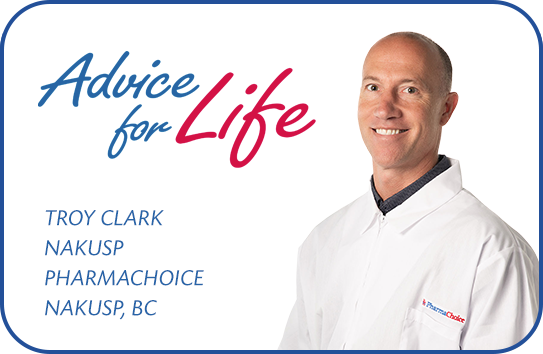Did you know that one in five adults after the age of 40 are at high risk of sleep apnea? The incidence of sleep apnea increases with age and is more prevalent in males. However, anyone can be affected by sleep apnea.
Sleep apnea is serious because it disrupts your breathing, can lead to high blood pressure and other serious conditions involving the heart, lungs and brain which are affected by blood or oxygen flow. Sleep apnea is not the same as just snoring.
Sleep apnea is when breathing stops (and restarts) during sleep. Snoring can be part of sleep apnea, but does not always mean you have sleep apnea. Sleep apnea requires treatment by a healthcare professional to prevent disruption of breathing which will lead to serious health problems.
Are you at risk for sleep apnea?
Factors that help determine your risk are “STOP-Bang” observations you can check for:
- Snoring
- Tiredness during the day
- Observed choking or gasping, or more than 10 seconds pause in breathing during sleep
- Pressure (high blood pressure)
- Body mass index is high (overweight)
- Age over 40
- Neck circumference is large (over 16 inches in females, 17 inches in males)
- Gender is male – but lots of people with sleep apnea are female!
Do not ignore snoring, report it to your doctor and get assessed for sleep apnea at your annual check-ups. If you find yourself or your bedmate has more than a couple of the risk factors, talk to your doctor.
Can you “cure” sleep apnea?
For mild cases, lifestyle changes such as weight loss, or quitting smoking may be all you need to do to prevent sleep apnea. Your pharmacist can help with recommendations for lifestyle changes. For some people treating allergies, removing tonsils, checking jaw alignment or addressing breathing obstructions will prevent sleep apnea.
This requires the care and assessment of health professionals or specialists. Medical conditions such as diabetes, Parkinson’s disease, prior stroke, heart conditions, blood pressure, or chronic lung disease contributes to the development and risk of sleep apnea which is progressive. For moderate to severe sleep apnea, ongoing supplemental oxygen while sleeping may be required.
What does it feel like if you have sleep apnea? You can’t seem to get enough sleep or you find yourself tired or drowsy during the day. You may be restless during sleep, or wake frequently.
Your bedmate says you gasp for breath during sleep or is disrupted by your loud snoring. If you experience any disrupted breathing symptoms it is important to report it to your doctor.




